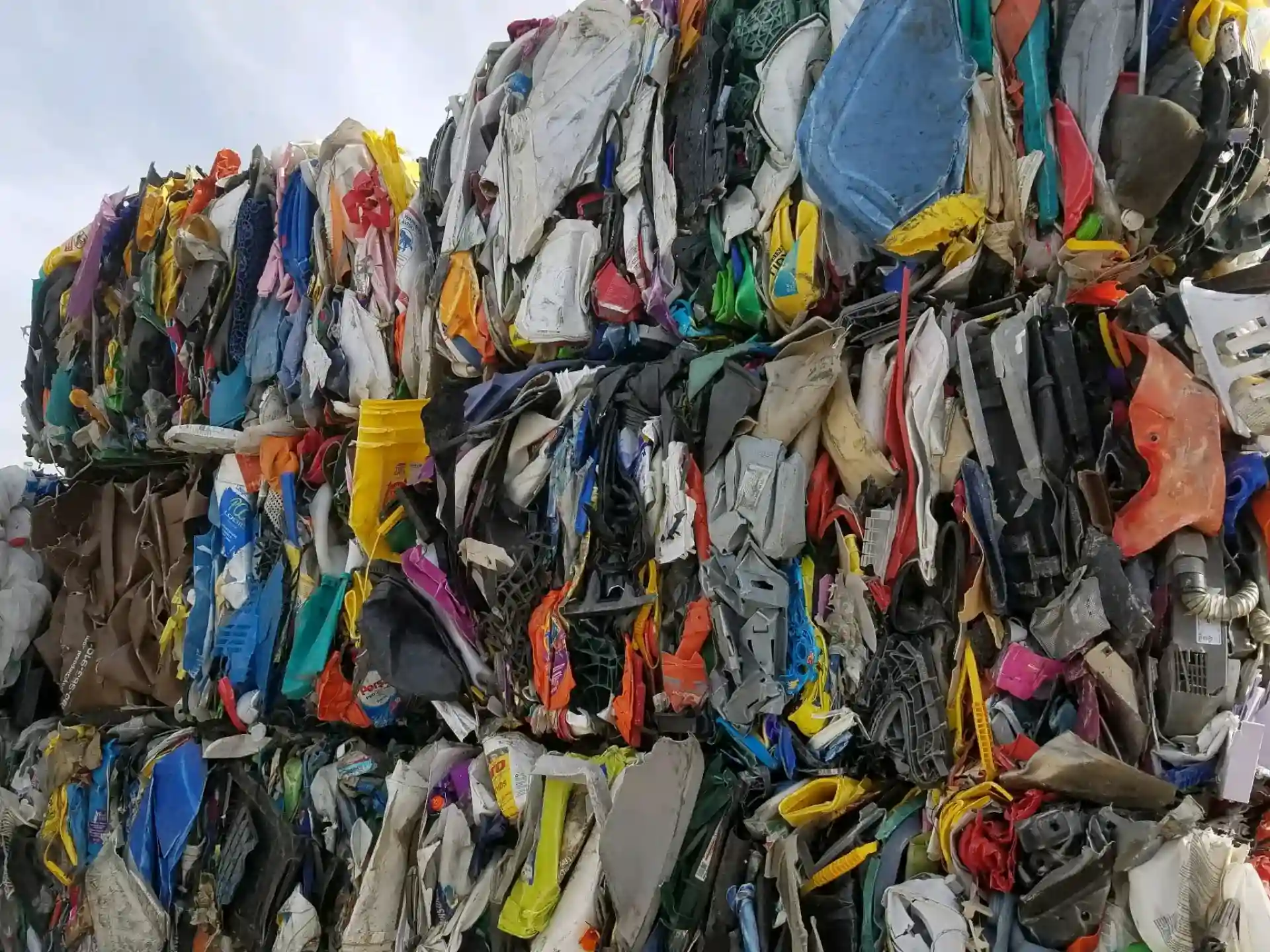When it comes to managing plastic waste efficiently, selecting the best rigid plastic recycling machine is crucial. The right machine not only reduces your environmental footprint but also boosts the efficiency and profitability of your recycling operations. In this comprehensive guide, we’ll walk you through all the key factors to help you make an informed decision.
Why Invest in a Rigid Plastic Recycling Machine?
Rigid plastics, such as containers, bottles, and industrial components, are among the most challenging materials to recycle. Investing in a specialized recycling machine offers several significant benefits:
- Enhanced Recycling Efficiency: Designed to process tough materials.
- Cost Savings: Recycling reduces the need for new raw materials, cutting costs.
- Environmental Impact: Proper recycling minimizes waste that ends up in landfills and oceans.
Key Features to Look for in a Rigid Plastic Recycling Machine
Choosing the right recycling machine depends on several critical factors:
- Capacity and Throughput
- The machine’s capacity is vital for your recycling operation’s effectiveness. Depending on the size of your business, choose a machine that can handle the daily volume efficiently to avoid any bottlenecks or unnecessary delays.
- Energy Efficiency
- Modern recycling machines with energy-saving features can significantly lower operating costs. Look for machines with certifications or optimized motors that reduce energy consumption.
- Material Compatibility
- Ensure the machine is compatible with the types of rigid plastics you handle. Common plastics include HDPE, PP, PVC, PET, and ABS. Machines that specialize in certain materials tend to be more efficient for those specific types.
- Durability and Build Quality
- Recycling machines endure heavy and constant use. Choosing a machine made of robust materials ensures a longer lifespan and helps keep maintenance costs low.
- Ease of Maintenance
- A machine with easily accessible components and straightforward maintenance requirements helps minimize downtime and long-term expenses.
- Automation Features
- Many machines come with automation capabilities, such as automatic feeding, real-time monitoring, and automatic adjustment. These features reduce manual labor, lower operational costs, and improve overall productivity.
- Washing and Drying System
- The washing system is crucial for removing contaminants like labels, adhesives, and dirt. Choose a machine with efficient washing and drying configurations to ensure the recycled plastic is clean and ready for further processing.
- Metal Separation
- Metal contaminants can cause significant damage to recycling machinery. Opt for a machine that integrates metal detectors and separators—such as magnetic separators for ferrous metals and eddy current separators for non-ferrous materials.
- Environmental Impact
- Choose machines that minimize waste and energy consumption. Look for equipment that incorporates closed-loop water systems, which conserve water during the washing process.

Top Brands to Consider
When it comes to rigid plastic recycling machines, these brands stand out for their reliability and innovative technology:
- Vecoplan: Known for innovative shredders and granulators designed for optimal recycling performance.
- Rumtoo: Offers a wide range of high-performance machines for recycling various plastic materials.
- HERBOLD: Specializes in size reduction equipment, ideal for tough plastic materials.
How to Maximize Your Investment
To get the most out of your investment in a rigid plastic recycling machine, follow these best practices:
- Regular Maintenance
- Routine maintenance is key to keeping your machine running smoothly and extending its lifespan. Follow the manufacturer’s maintenance guidelines closely.
- Training Your Team
- Train your team on proper operation and safety protocols. A well-trained staff ensures fewer mishaps, lower maintenance costs, and higher overall efficiency.
- Leverage Advanced Features
- If your machine includes automation and monitoring systems, make the most of these features to optimize your recycling process and reduce labor costs.
Making the Right Choice for Your Recycling Needs
Selecting the appropriate rigid plastic recycling machine requires careful consideration of several factors, including:
- Types of Plastics: Identify the specific materials, such as HDPE, LDPE, PP, or PET, that you intend to recycle. Ensure the machine is compatible.
- Capacity: Match the capacity of the machine to the scale of your recycling operation. Undersized machines create bottlenecks, whereas oversized equipment can be inefficient.
- Automation Level: Assess your labor needs and budget. Fully automated systems reduce labor but have higher upfront costs, while semi-automatic machines strike a balance.
- Shredding/Grinding Technology: Evaluate the size reduction technology of the machine, whether it’s single-shaft, dual-shaft, or granulator. Pay attention to factors like particle size consistency, noise, dust, and energy consumption.
- Energy Efficiency: Opt for machines with energy-efficient motors and heat recovery systems to minimize energy use.
- Output Quality: Look for machines with advanced filtration and washing systems to improve the purity and usability of the recycled material.
- Manufacturer Support and Warranty: Ensure that the manufacturer provides reliable customer support and a comprehensive warranty to help you deal with potential issues smoothly.
Top Tips to Optimize Recycling Operations
- Invest in Automation: Automation can dramatically improve productivity and reduce labor costs.
- Focus on Sustainability: Opt for machines that prioritize low waste and energy usage.
- Emphasize Team Training: Proper training ensures that your team can operate the machine effectively and safely, which also reduces downtime.
Final Thoughts
Choosing the best rigid plastic recycling machine is a pivotal decision that impacts the efficiency, cost-effectiveness, and sustainability of your recycling operations. By carefully analyzing capacity needs, energy efficiency, material compatibility, and additional advanced features, you can select a machine that meets your unique requirements. Investing in the right equipment will empower your business to contribute meaningfully to the circular economy while ensuring high efficiency and profitability.



